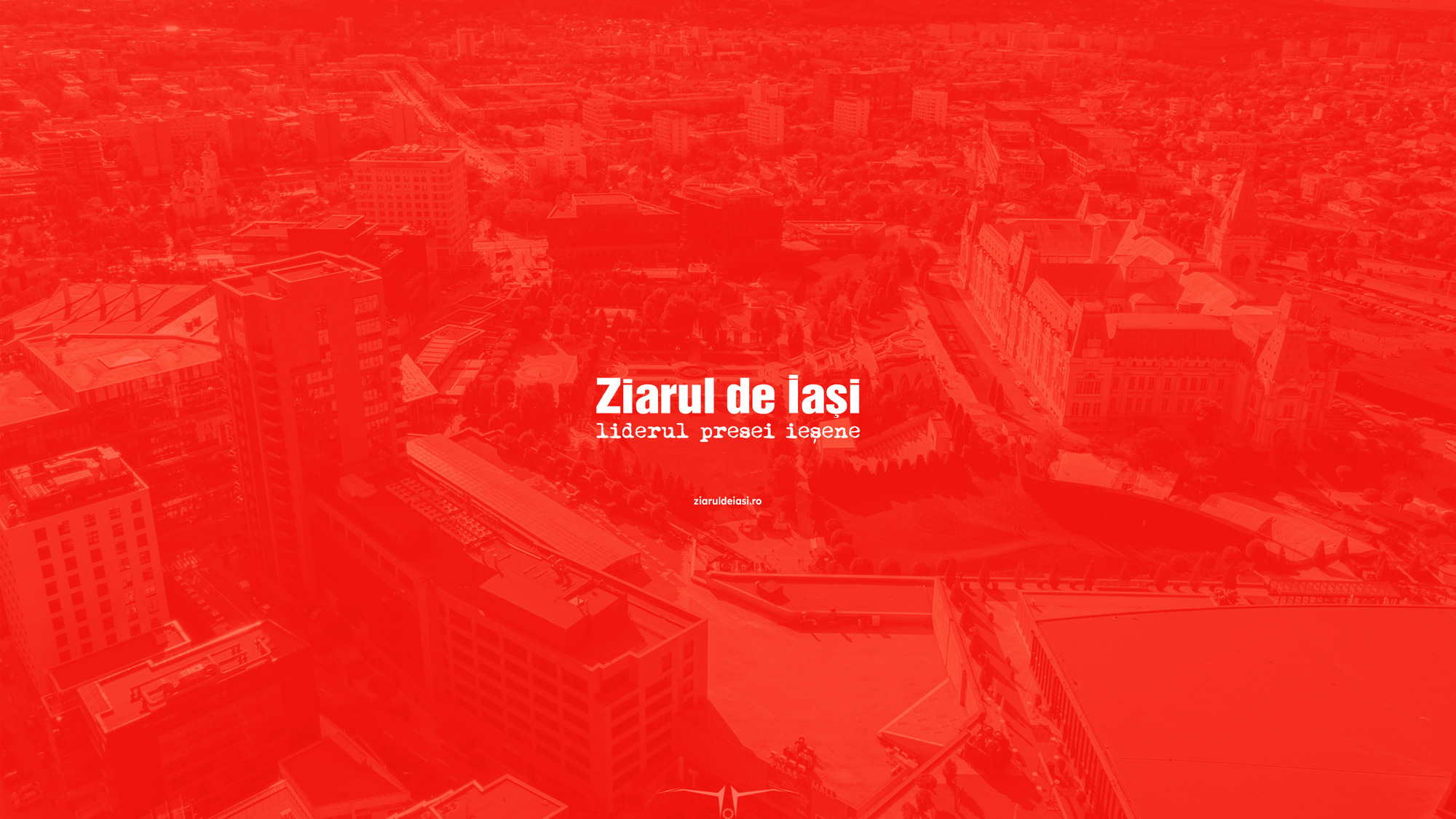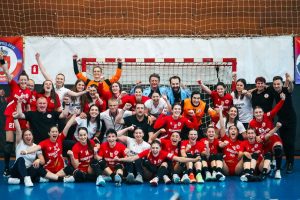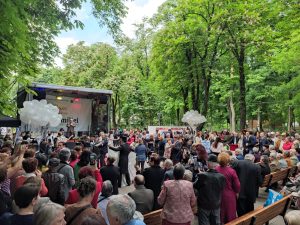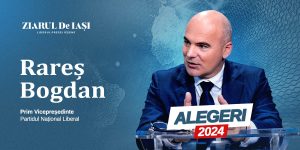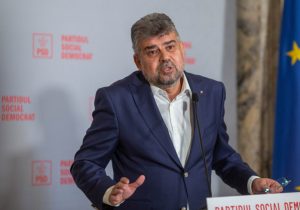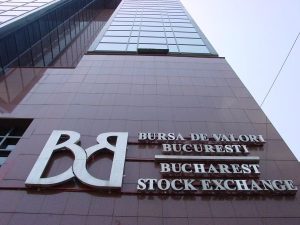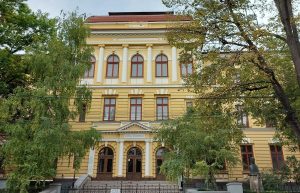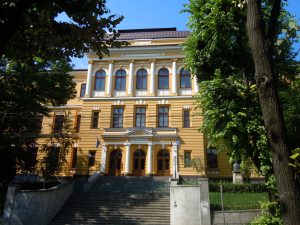
Whoever might glance at the Polish actualities will surely be surprised by the flagrant similarities between the political life in Poland and the one in Romania. Just like the Romanians, the Polish are to go to the polls this autumn (only for the presidential elections, the general ones being postponed), and the debates risen by the approaching elections sound just like ours. On the political stage, the conflict between "the pragmatic" and "the moral" – that is between those dealing exclusively with the economical reform and those focusing on the moral reform, the one that could only follow the revealing and the condemnation of the communism sins – gets more and more acute.
Thirteen presidential candidates parade the collected signatures and ask for the electorate’s votes. Among them, Aleksandr Kwasniewski, the incumbent President and ex-communist leader, significantly stands out.
As it generally happened after 1989, the electorate belonging to the political right is fragmented, the heap of parties and presidential candidates being unable to form stable coalitions to oppose the left.
The electoral calculations are troubled by a surprise-candidate, placed on the second position in the pools, Andrzej Olechowsky, a Polish variant of Mugur Isarescu, a character that one could hardly range among the others, from a political point of view, and who openly admits only the intellectual liberal support. The political confusion, the law standard of life, the unemployment rate, the lack of social assistance, the famous scandals on the privatization processes, all these are part of a picture strikingly resembling the Romanian one (though in Poland the economic parameters are, beyond question, much better).
Just like in Romania, again, the law of the access to the secret personal records had come to attention quite late. But the reasons are different. Unlike Romania, Czechoslovakia and East Germany, the Polish intelligence services had not succeeded in covering the whole society, the phenomenon of gathering information developing very little there. Therefore, the population saw little sense in the lustration and, moreover, some of the most influent intellectuals drew attention on the danger of reaching the Jacobinism and the terror in the name of a high ideal. In Romania, the liberal intellectuals precisely pressed the authorities to make official the access to the records. And, since the intelligence service was here more effective and deeper placed in service than anywhere else in Eastern Europe, PDSR (The Party of Social Democracy in Romania) knew how to benefit, in a populist manner, by this sensitive part of the collective memory.
A significant fact is that at the presidential elections in 1990, a certain Stanislaw Tyminski, a businessman formerly exiled got in the second poll tour together with Lech Walesa. Having nothing to do with the Solidarity and with the Polish actualities, he won the sympathy of a quarter of the population exactly because he was completely out of the recent painful Polish history. Subsequently, the Communist Party managed to change of look and Aleksandr Kwasniewski got credit as a moderate leader, compared to the eccentric authoritarian Walesa. The communist elite managed to politically and economically survive, most of the numerous businessmen being recruited from the ex-communists. The succession of the rules, the failures and the successes of the governments, independent of their political orientation, erased differences between the communists and the non-communists.
Transforming the records issue into a political instrument irrefutably sapped the moral foundation behind the law of the access to the records. More, as Walesa noticed, the law managed to rise even more confusion. "The worse part is that I was compared to Kwasniewski. That is a proof of flagrant misunderstanding of the last 20 years history. Kwasniewski was not a secret collaborator because he openly collaborated with the Communist Party. I was not a secret collaborator because I openly opposed the regime", he said. Behind the deepness of the thought few things are still to be told. In Romania too, Alexandru Paleologu might be condemned for having signed, under threat, at the "Securitate", while Iliescu candidates to Presidency, relaxed, though he was a member of the communist nomenklatura. (Adrian CIOFLANCA)

